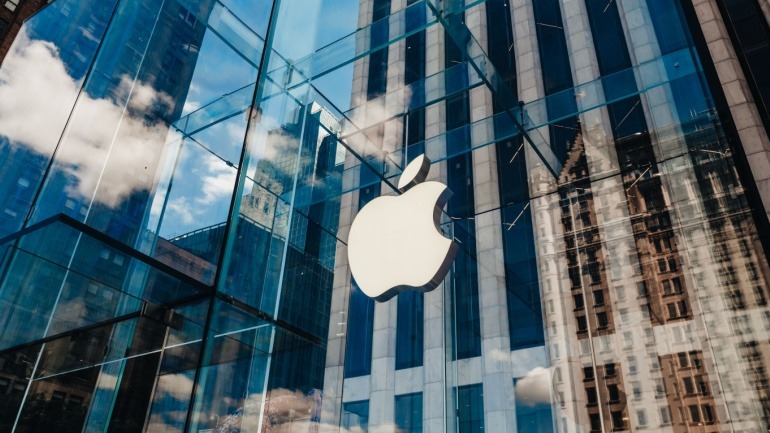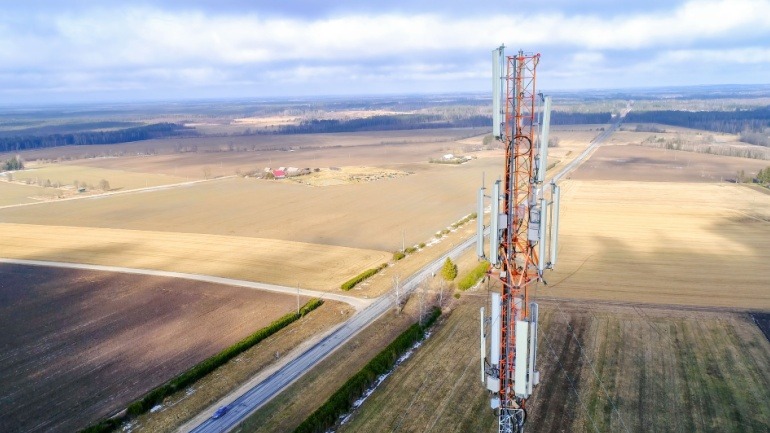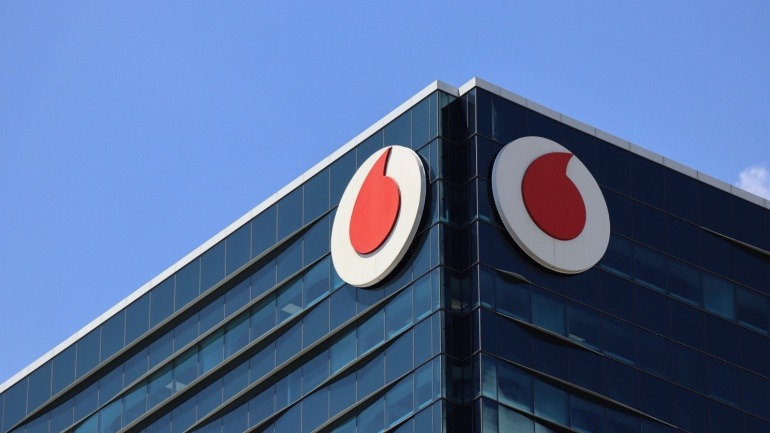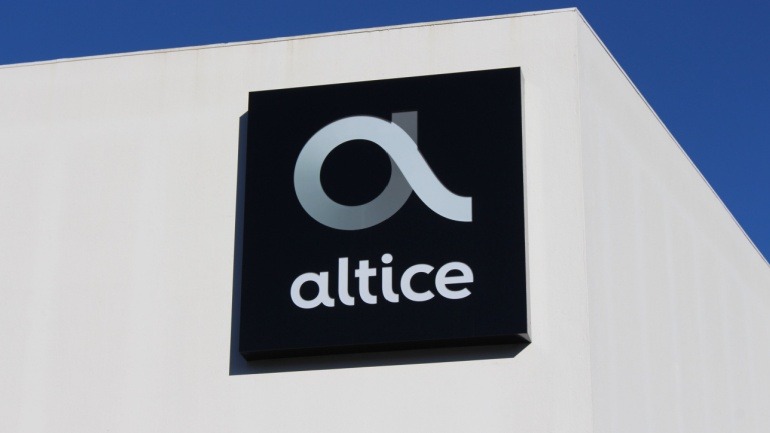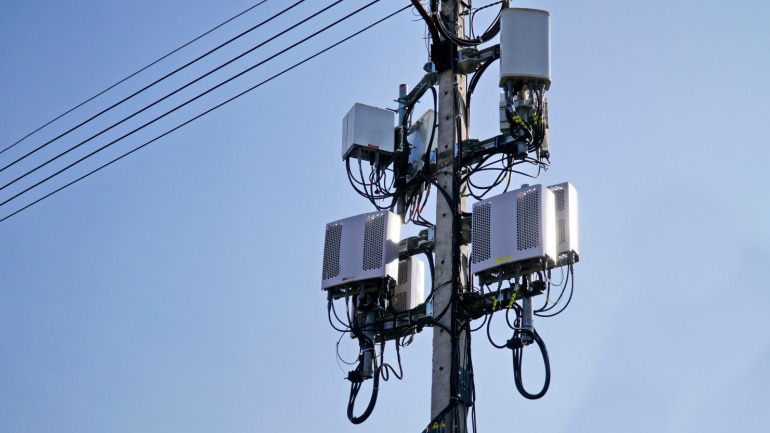The telecommunications landscape in the EMIE region is witnessing a strategic transformation as major players like KPN and OTE rethink their fibre infrastructure strategies. This shift reflects a tactical reevaluation, aligning with technological advancements and market demands. Meanwhile, Deutsche Telekom and Vodafone explore AI-driven innovations, aiming for efficient and scalable networks. As companies navigate these changes, they focus on balancing innovation with financial prudence, highlighting the evolving dynamics in VOIP and digital infrastructure. The industry’s focus on strategic alliances and cutting-edge solutions underscores the importance of adaptability in a rapidly changing technological environment.
Apple is pioneering groundbreaking satellite connectivity features for iPhones, marking a substantial evolution in mobile communications. By enhancing satellite messaging with photo transmission capabilities, improving navigation in no-signal zones, and easing indoor connectivity, Apple leverages partnerships to push boundaries. iPhone users can expect revolutionary advances, especially in areas where traditional networks fall short.
Deutsche Telekom’s Greek arm’s impending acquisition of Terna Fiber seeks to revive Greece’s rural fiber build program and boost broadband expansion in underserved areas. Collaborating with OTE, GEK TERNA, PPC, and Vodafone Greece, this venture could enhance network capacity. Yet challenges include regulatory compliance and financial planning.
Discover how Vodacom’s CEO, Shameel Joosub, is steering the company towards growth by leveraging VoIP innovation and strategic M&A. Emphasizing partnerships in fiber infrastructure and data centers, these efforts promise to enhance regional connectivity. Explore the potential impact of Vodacom’s strategic moves in the rapidly evolving telecommunications industry.
The UK telecom industry is launching a Telecommunications Fraud Charter to combat scam calls effectively. Key players like BT, Virgin Media O2, and Vodafone are collaborating to protect consumers using advanced call tracing technology. This initiative aims to deter fraudsters while boosting public awareness and support for victims of VoIP scams.
In today’s telecom landscape, the trust in voice channel connectivity is dwindling, largely due to unidentified spam calls. Roughly 80% of such calls go unanswered, impacting genuine business interactions. That’s where Hiya comes in. With services like Hiya Protect and Hiya Connect, they redefine call identification, leveraging AI and strategic partnerships with giants like AT&T, Samsung, and Vodafone. Their innovative solutions enhance call transparency and protect brands, thereby revitalizing consumer trust and improving answer rates. Embrace the future of VoIP with Hiya’s tailored, cutting-edge solutions, and restore confidence in your communications.
In a strategic twist for the VoIP sector, Altice has rebuffed a bold €17 billion bid from telecom giants Bouygues, Iliad, and Orange to acquire SFR assets. This move highlights the ongoing competitive dynamics in the VoIP market, emphasizing Altice’s valuation expectations while sparking discussions on potential regulatory implications within the telecom industry.
Virgin Media O2 has launched its 5G-enhancing Giga Sites in London, marking a major leap in UK mobile connectivity. Utilizing Nokia’s cutting-edge MIMO technology, these sites promise robust and speedy 5G, seamlessly blending spectrum bands for superior coverage and capacity. This initiative is vital to Virgin Media O2’s mobile transformation strategy.
Virgin Media O2 has unveiled its groundbreaking 5G Standalone network across 500 UK towns and cities, now covering 70% of the population. This vast rollout enhances mobile experiences with improved 5G coverage, speeds, and reduced latency, all at no extra cost. Virgin Media O2’s investments focus on advancing digital experiences, supporting innovations like autonomous transport and remote healthcare.
O2 has partnered with Freshwave to install small cells in St Ives and Newquay, boosting mobile coverage at popular tourist spots. The move supports Cornwall’s residents and visitors ahead of the busy summer season, forming part of O2’s wider £700 million network investment plan and Freshwave’s national infrastructure projects.




